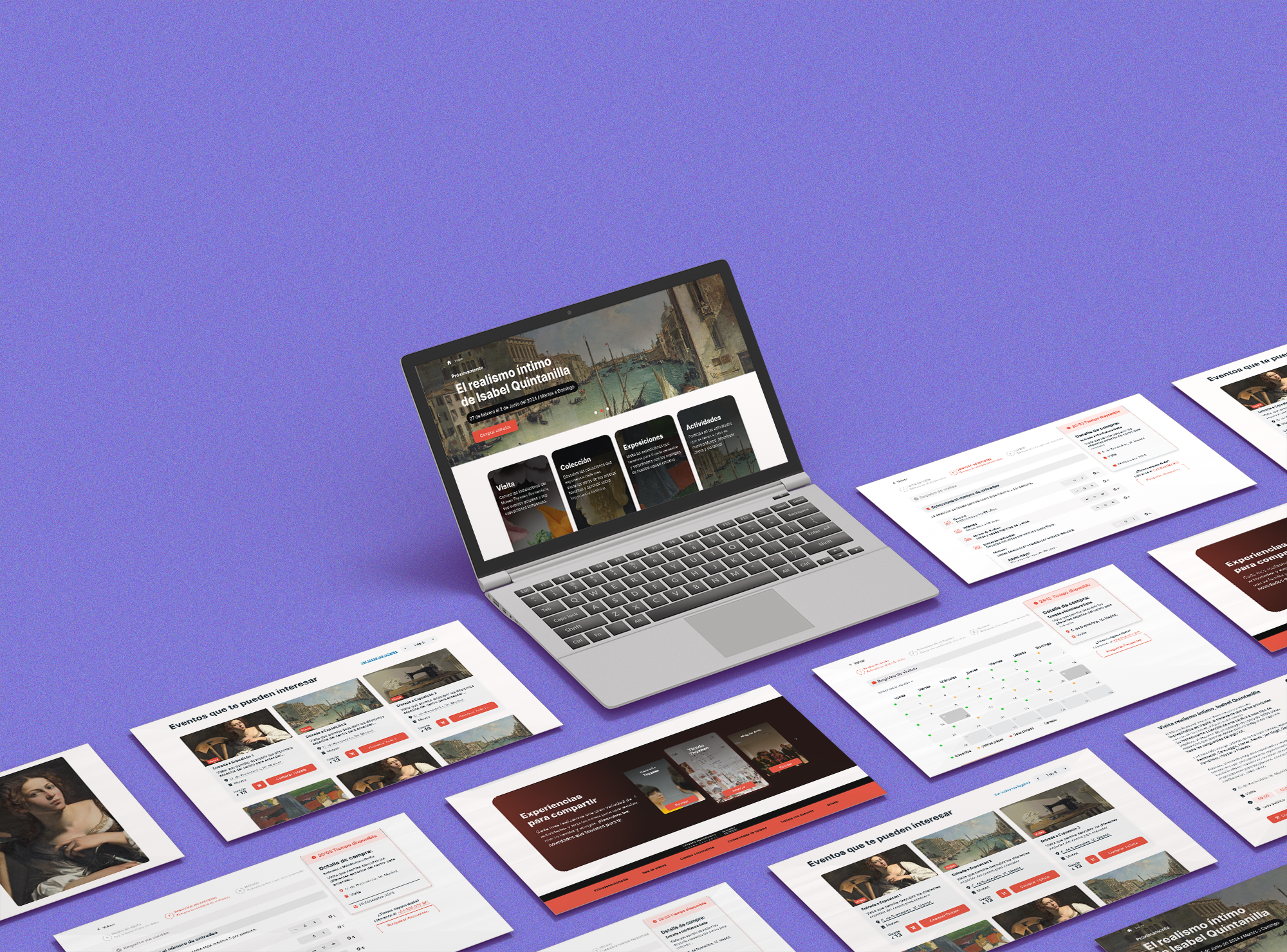Share this article
The Scrum methodology is mainly used by software development teams, helping them structure and manage their work through a set of values, principles, and practices. Scrum techniques are so effective that they are being used in other areas of companies because their implementation reduces costs and improves project efficiency.

Before applying this methodology, it should be verified if it is the most appropriate option for the company.
Scrum proposes dividing work into small blocks of time, called sprints, and focuses on completing one task at a time. It is oriented towards continuous improvement and motivates project members to learn from experiences, make the most of their time by organizing themselves effectively, and draw insights from their mistakes and successes to make the best decisions and meet quality and deadline objectives.
The process is based on continuous learning, where everyone is aware that the team will evolve and gain experience as the project progresses. This methodology guides project members to adapt as needed based on the course of events or circumstances and according to requirements, ensuring that the work is completed within the established timeframe and budget.
How to start implementing Scrum in your company?
- Focus on quality: In each sprint, deliver high-quality, pre-tested products that meet customer needs. Prioritizing quality reduces costs associated with modifications or corrections.
- Form multifunctional teams with self-organization capabilities: With this methodology, teams have the authority to make the best decisions for their cells. Teams should be composed of profiles with different skills, always seeking to have communication among them. This action ensures that everyone moves towards the same goal and that the right decisions are made at the right times.
- Use sprints and set short-term goals: Sprints are short time periods, typically lasting between 2 to 4 weeks, allowing for quicker deliveries and the ability to address issues promptly, keeping the project on track or adjusting if project focus changes, thus avoiding wasting resources on projects that change direction.
- Avoid overworking: Direct actions towards what needs to be done. Scrum prioritizes tasks and focuses on what is essential based on the value it brings to the customer. By concentrating on precise work, it helps set aside irrelevant projects or those no longer aligned with established goals. This also includes reducing unnecessary meetings, irrelevant documentation, and complex processes.
- Involve the customer in the project: Scrum encourages closer interaction with the customer, involving them in all the details to keep them informed about all aspects and prevent last-minute changes.
- Faster deliveries: Scrum accelerates development and delivers products in a shorter time, helping generate revenue faster, speeding up the return on investment, taking on more projects in less time, and increasing productivity.
- Select appropriate tools and technologies for each type of company: Scrum promotes the use of specific technologies and tools for each organization, facilitating collaboration and teamwork management.
It is important to emphasize that the Scrum methodology is not suitable for all types of businesses. Before implementing it, it is necessary to determine if it aligns with the company’s culture where it will be applied, as it is a method that involves speed and focuses on results. Prior to applying this methodology, it is essential to verify if it is the most appropriate option for the company.
As we have seen, working with Scrum is effective for reducing costs in businesses. It is a tool that can be used by all types of companies, whether small, medium, or large. It aims to improve team communication, eliminate time wastage, processes, meetings, etc., and enhances flexibility and quality improvement.
At Moveapps, we utilize this and other types of methodologies in our projects, analyzing the tools that best suit each business.
Are you ready? Let’s talk about your project!














